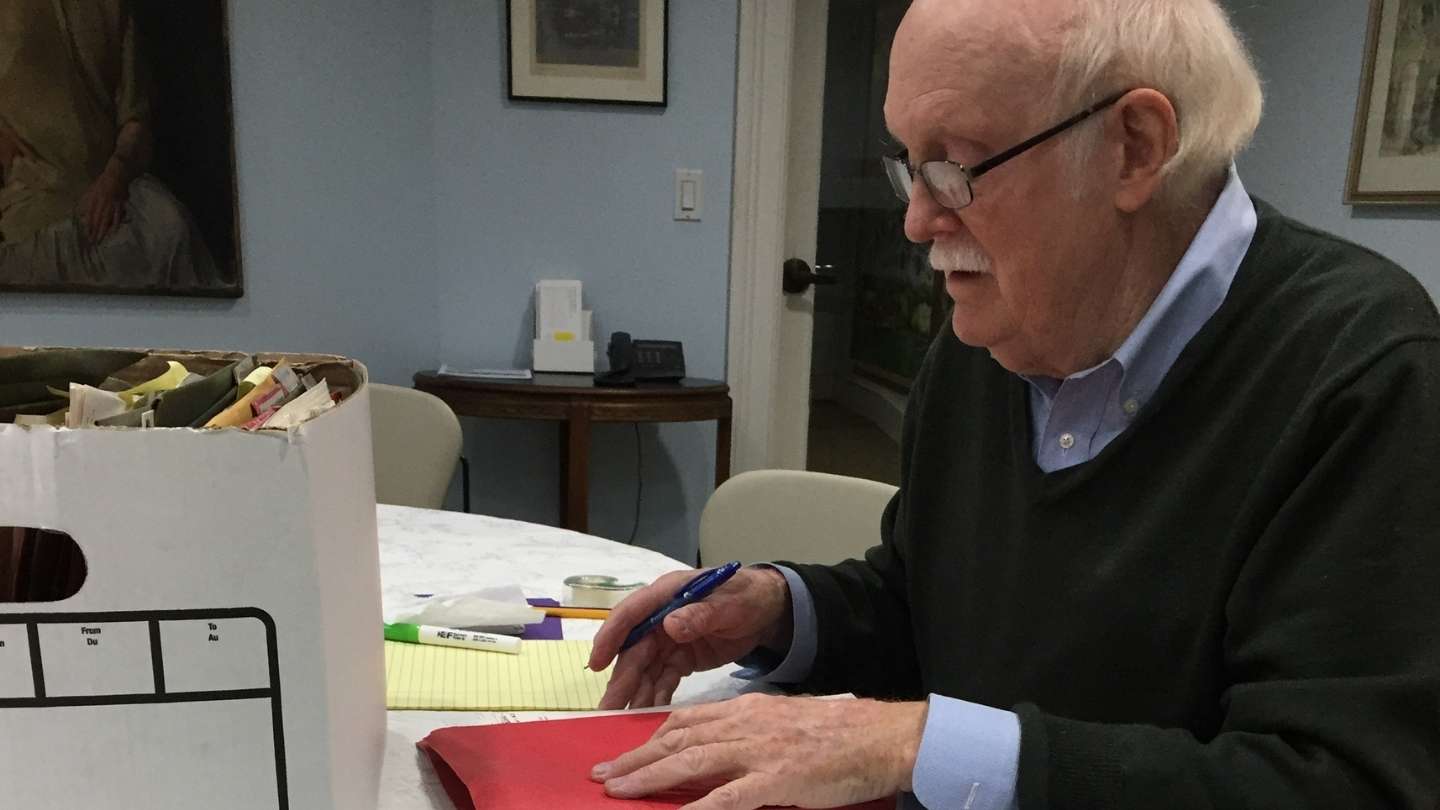
Our Research
The strength of our collection
The Westport Museum for History and Culture manages extensive collections including archives, costumes, objects, and art which are used by curators, scholars, and educational institutions to foster historical exploration through the use of primary resources.
A Telling of History
The Westport Museum is in the process of a multi-year cataloging of its archival holdings with the aim of making resource guides and finding aids available for research use.
It is our goal to describe our historic records and holdings in a way that both accurately reflects the historic record while remaining respectful to those represented in the collections particularly those from underrepresented communities including Black, Indigenous, People of Color (BIPOC) and other marginalized groups. Despite this, researchers may come across language describing period records and within them that today we consider racist, xenophobic, homophobic, sexist and ableist in nature. Read the rest of our Statement on Potentially Offensive Language in Westport Museum’s Finding Aids and Resource Descriptions.
Using our Research
Our collections are available by appointment upon request for researchers. If you cannot research with us in person, our staff and volunteers can perform research for you.
Once a researcher is assigned to attempt to answer your request, you will be informed that payment of a research fee is required based upon the extent of the research project. You will be informed of the amount and your request will be assigned a queue number upon payment of the applicable fee.
Finding Aids
Our archival collection houses a library of books on Westport, Fairfield County, and Connecticut history, genealogy records and more. Our temperature-controlled vault contains collections of papers and documents on all areas of Westport history: maps, photographs, family histories, house histories, and much more.
To begin using our records, start with our finding aids available at Connecticut’s Archives Online and at the links below.
- Record Group 1: Westport Historical Society / Westport Museum for History and Culture Institutional Records [restricted to internal use]
- Record Group 2: Westport Town Records Collection
- Record Group 3: Westport Places Collection
- Record Group 4: Westport History, Events, and Topics Collection
- Record Group 5: Westport Business and Commerce Collection
- Record Group 6: Westport Arts and Culture Collection [in process]
- Record Group 7: Westport Civic and Community Organizations Collection
- Record Group 8: Miscellaneous Personal Papers Collection
- Record Group 9: Adams Family Papers
- Record Group 10: Davies Family Papers
- Record Group 11: George P. Jennings Family Papers
- Record Group 12 Westport Named Research Collections
- Record Group 13: Westport Photographs Collection [in process]
- Record Group 14: Westport Audio-Visual Collection [in process]
- Record Group 15: Coley Family Papers
- Record Group 16: Sigrid Schultz Papers
- Record Group 17: Sherwood Family Papers
- Record Group 18: Green’s Farms Congregational Church Records
- Record Group 19: Deeds Collection [in process]
- Record Group 20: Westport Schools Collection
- Record Group 21: Saugatuck Congregational Church Records
- Record Group 22: Adair Family Papers
- Record Group 23: Westport Military & War-Related Records [in process]
Subject Guides
Our BIPOC Subject Guide presents information on resources in our Archives that document the experiences and representations of African American, Native Americans, and other people of color in Westport and in Connecticut at large from the colonial era to the present. These resources reveal the stories, experiences, and history of these traditionally excluded voices.

Special thanks to BlueFactor IT services of Fairfield, Connecticut for sponsoring the digitization of our photograph collection.
